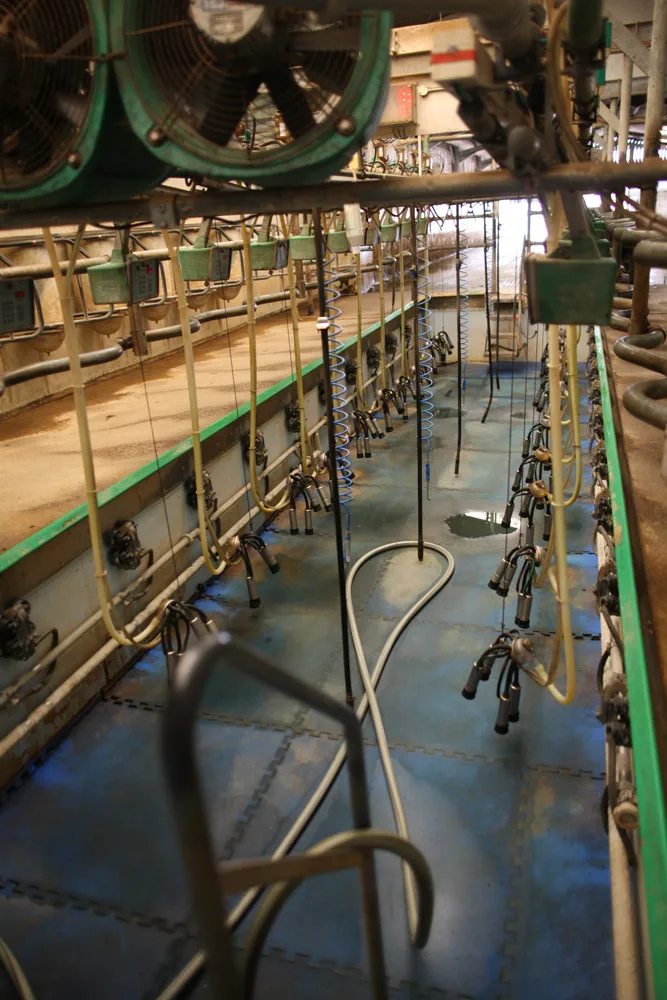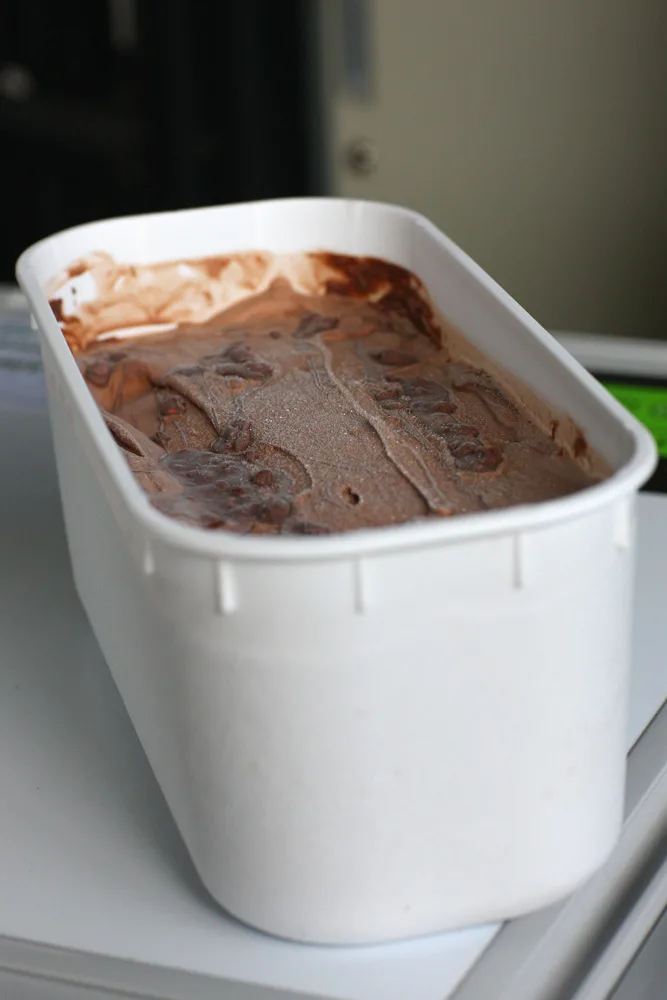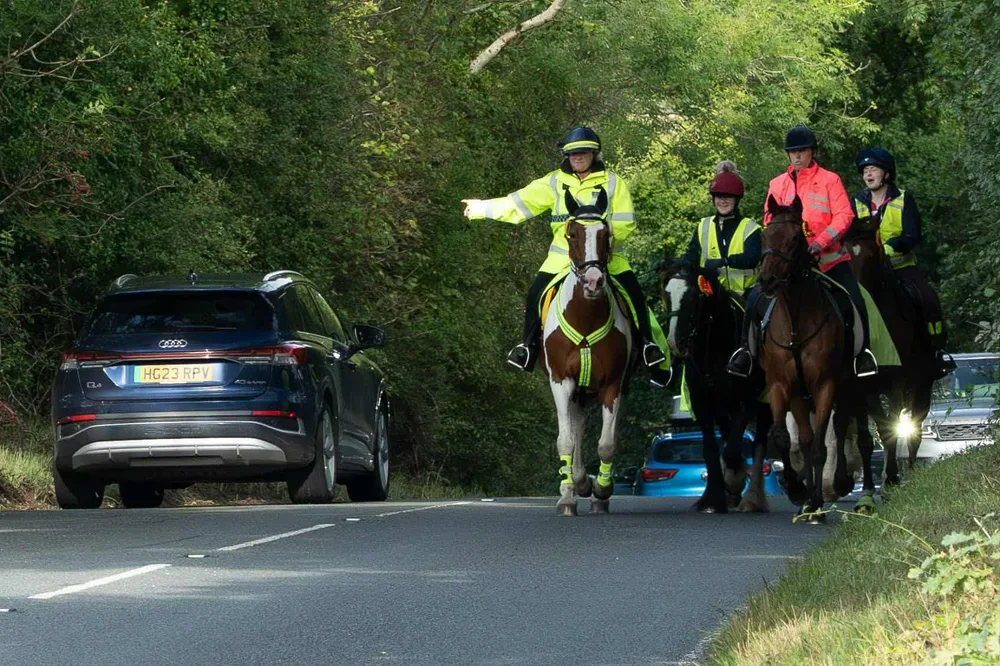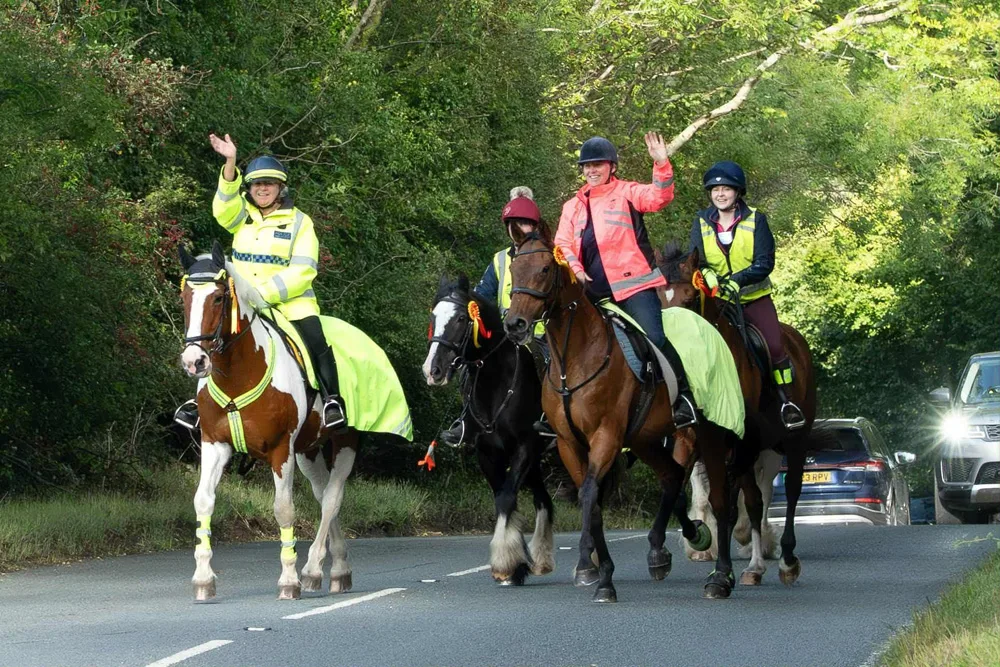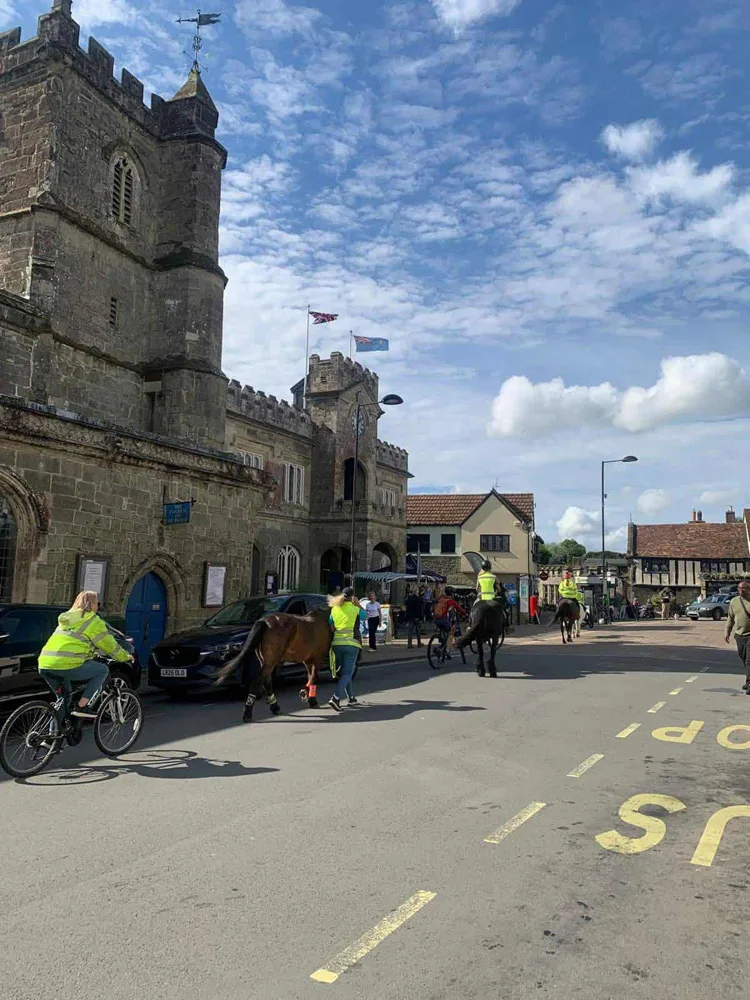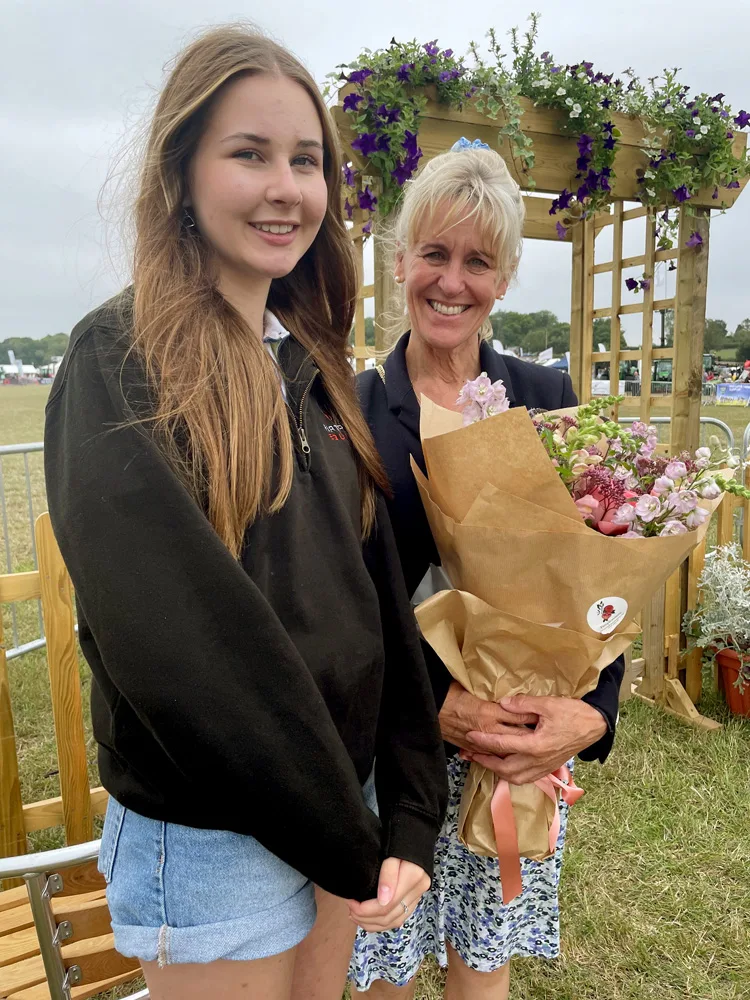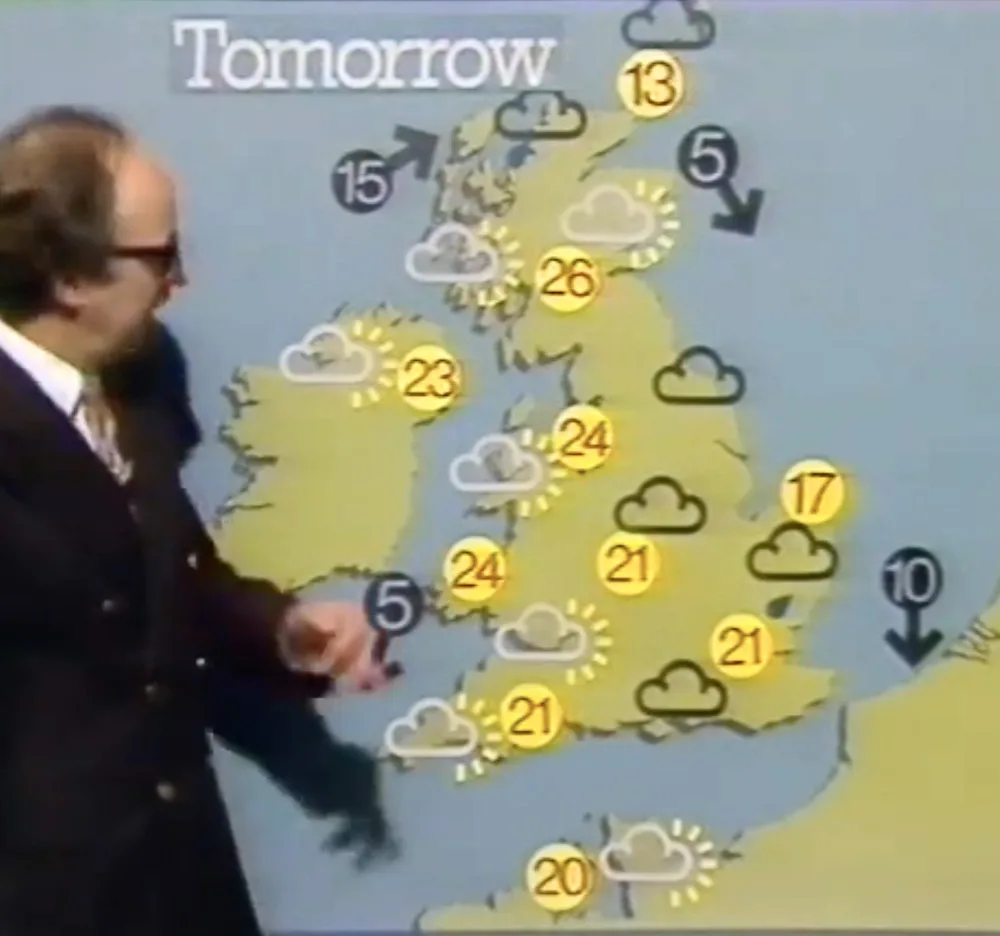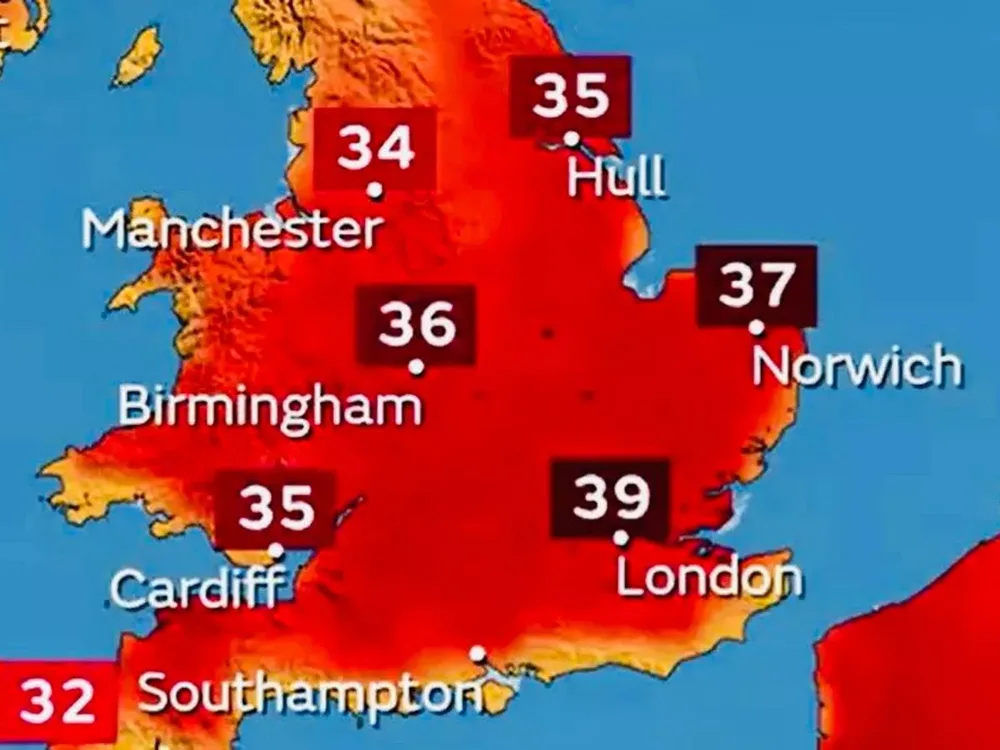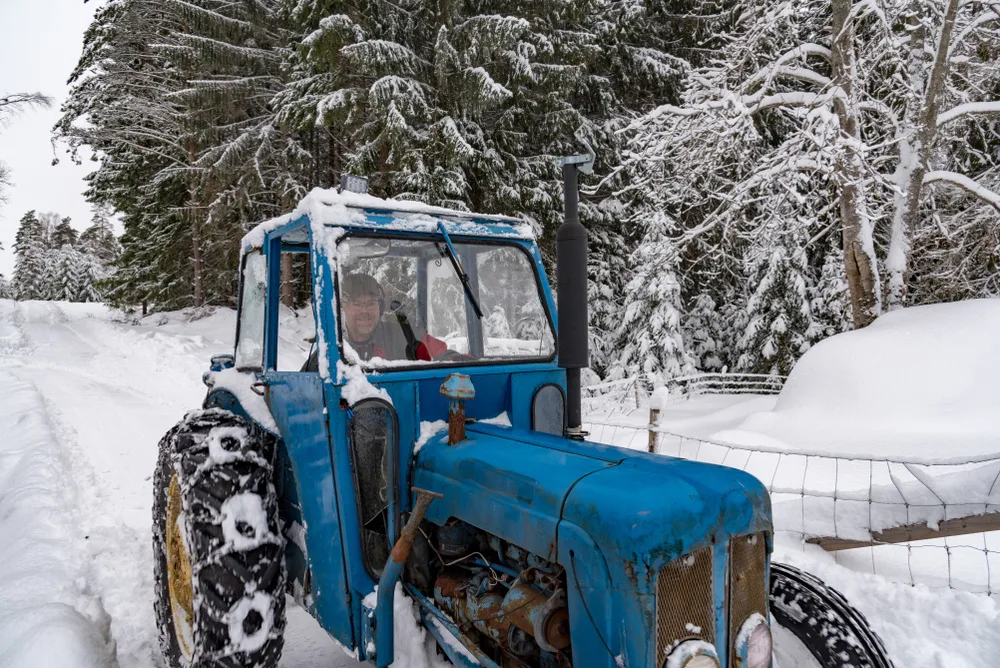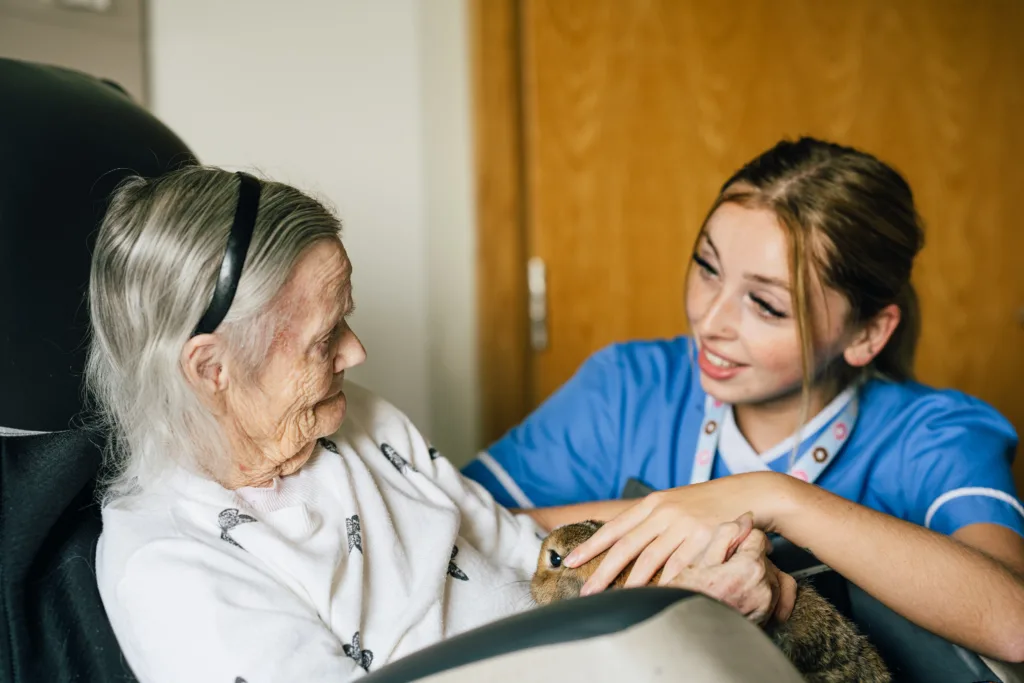It started with a road trip to Middlesbrough for a second-hand machine – meet the North Dorset farming couple scooping small-batch ice cream
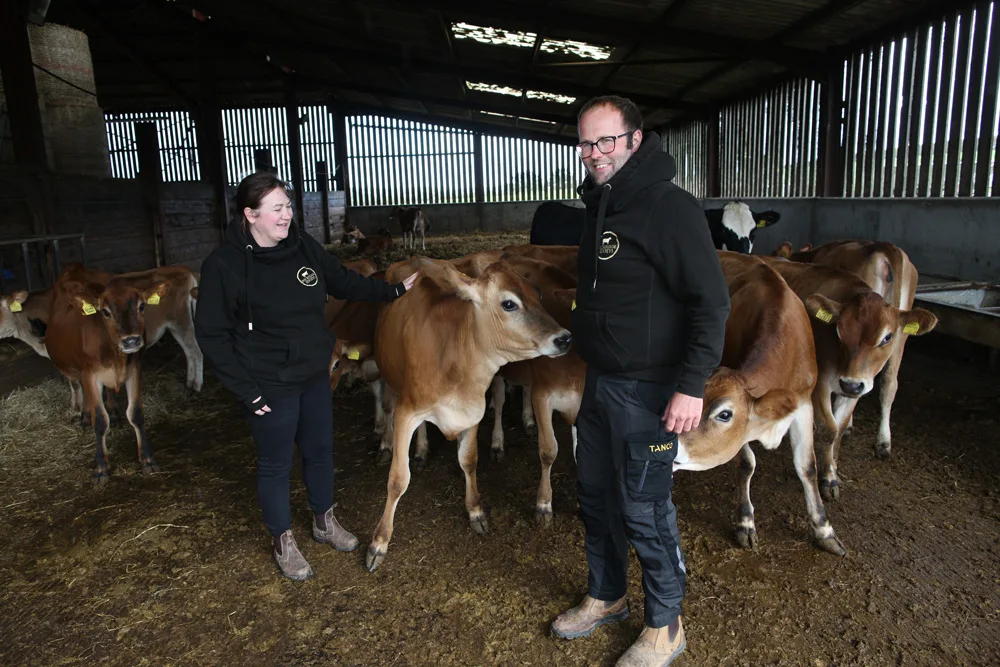
All images: Courtenay Hitchcock
At Lushes Farm near Manston, the usual rhythm of milking, mucking out and feeding runs like clockwork. But lately, there’s something new in the mix – a walk-in freezer, the churn of machinery, and a side hustle that’s growing fast.
This year, the cows don’t just make milk. They make ice cream.
‘We wanted to do something that would keep the farm viable for the future,’ says Ed Mogridge, who farms with his partner Kate Buckler. ‘Something that used the milk, but gave us more control. A bit more return.’
That “something” is Buckridge Dairy – a handmade ice cream made with their own milk.
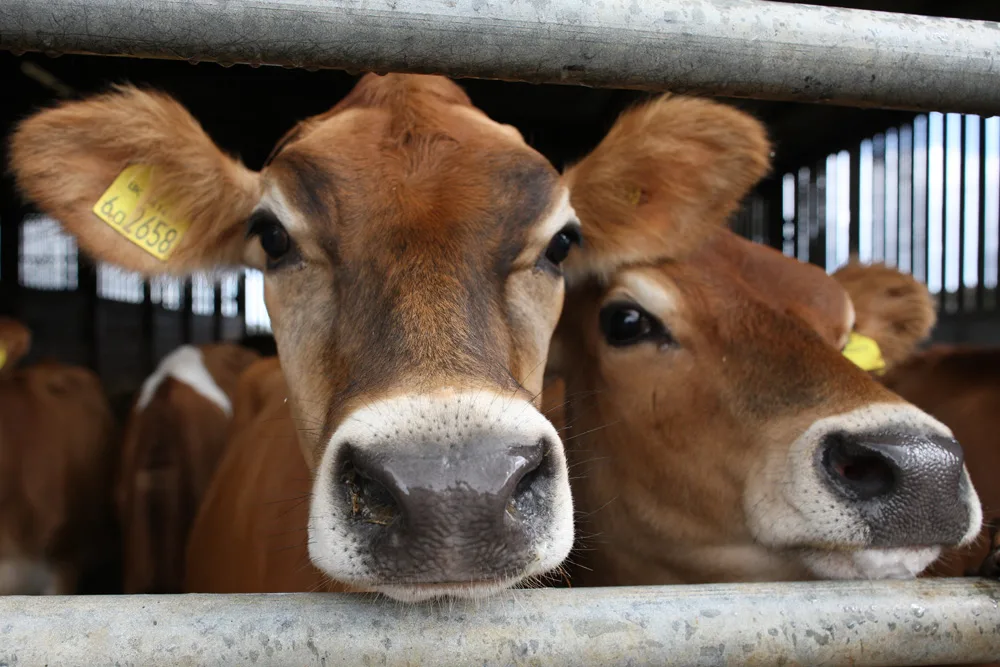
Rooted on the farm
Lushes Farm is a 260-acre mixed holding in North Dorset, with grass, maize and arable fields for wheat, barley and beans. ‘I moved here with Mum and Dad in 1996,’ says Ed. ‘We’re just across the road from my gran’s farm, where Dad worked with his brothers. I was leaving school and wanted to farm, but there wasn’t enough work for me too – then this place came up.’
His father, Anthony Mogridge, was known for the Marnhull herd of pedigree Limousins – shown and sold all over the country. He sold them to fund the switch to dairy when Lushes Farm became available for the family.
Today, Ed and Kate run 150 milkers, with the milk used by Barbers, the longest continuously operating cheesemakers in Somerset, for their award-winning Cheddar cheese, with 100 replacements, and 40 head of beef. Most are Holsteins, but around 30% are Jerseys – Buckridge Jerseys – the cows that provide the rich, high-fat milk needed for cheese … and great ice cream.
‘Barbers want higher constituents – more fat and protein – for cheese,’ says Ed. ‘That’s why we brought Jerseys into the herd. They’re renowned for producing milk with higher butterfat and protein. You can increase those in Holsteins by feeding additives, but we don’t believe in adding stuff we don’t need. So instead of throwing bags of that in, we brought in Jerseys. Now we’re about 70% Holstein, 30% Jersey.’
They milk twice a day, 365 days a year, using a 16:16 herringbone parlour.
Kate came to farming from a different world – 20 years working in local authority. ‘I started by doing the accounts,’ she says. ‘Then I trained in food hygiene, risk management, nutrition … and now I’m in a hairnet, making ice cream every week.’
The farm is currently under TB restrictions – not uncommon, but still stressful.
‘We had the first issue in 2018,’ says Ed. ‘We lost close to 90 cattle. It’s incredibly hard. Then we were clear for a while – but we had another positive this March.’
‘It’s the unknown that’s hardest,’ says Kate. ‘You might have a perfectly healthy cow – heavily in calf, your favourite cow – and then she’s just gone. There’s aboslutely nothing you can do. You never feel like you’ve cracked it. You go clear, then it comes back. It feels never-ending.’
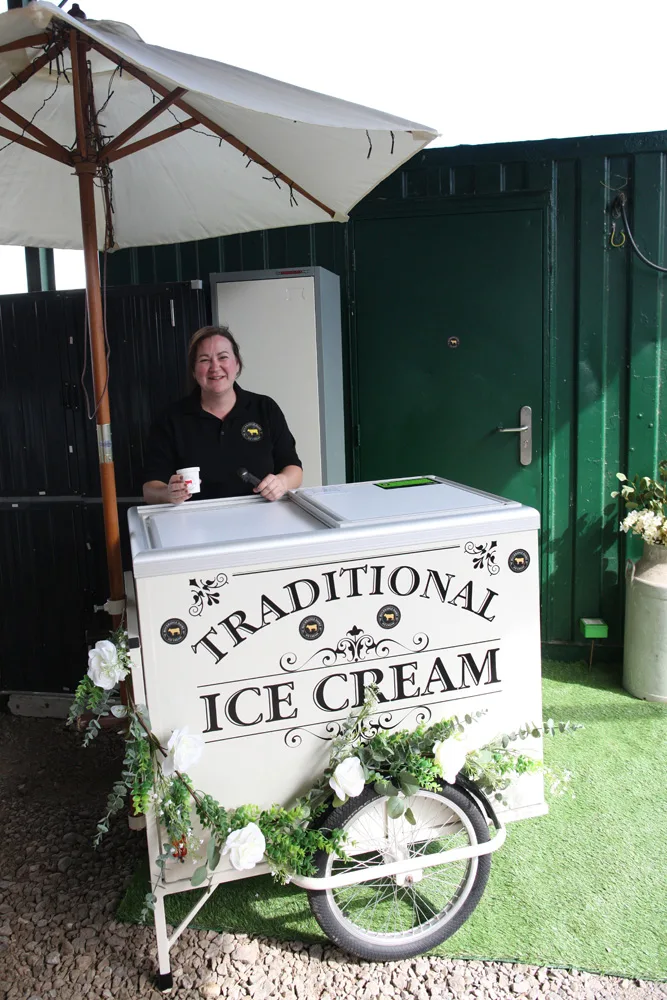
The turning point
The idea for diversification had been bubbling for years for Kate: ‘I’ve always wanted to do something alongside the farm. But it’s hard to find your niche.’
A chat with a Jersey Society judge who sold raw milk and ice cream on his own farm sparked the idea. ‘It just made sense – we already had the milk,’ she says.
In February, the Kate and Ed visited the Ice Cream Alliance show. ‘We were overwhelmed by all the options – the machines, the flavours, the cones,’ says Kate. ‘But the best advice we got was: “You don’t need all the fancy stuff. Keep it simple, start small.” Also, we were told not to buy new, but to look for second-hand.’
The farm’s single-phase electricity supply limited their equipment options – until two used machines popped up on Facebook Marketplace: ‘They were in Middlesbrough,’ says Ed. ‘So I said, “Fancy a road trip?”’
They picked up an ice cream cart from Rotherham – another Facebook Marketplace find. ‘The only thing Kate bought new was the blast chiller,’ says Ed. Six months after deciding to diversify, they launched Buckridge Dairy.
‘I took a booking for the first weekend of June – and we hadn’t actually made any ice cream at that point,’ he laughs. ‘So I told Kate she’d better ring Environmental Health!’
‘Which I did – and they were great. We were approved straight away – both Trading Standards and Environmental Health have been so helpful. It was six months from the idea to our first event. But to just push through like that? It was absolutely the right thing to do.
‘We’ve had such a good summer. The equipment we’ve bought is exactly what we need. And we’re still entirely self-funded. Had we gone for brand new shiny kit, we might be saying something different!’
‘We could potentially have qualified for a grant as we’re adding value to the milk, but that scheme closed … and it doesn’t look like there’ll be any new farming grants for a while. Start-up loans tie you to repayments – and we didn’t know if it would take off.’
From parlour to freezer
Buckridge Dairy makes small-batch gelato-style ice cream from the farm’s own milk and cream.Flavours range from White Chocolate Raspberry Ripple to Udderly Mint.
‘Honeycomb is far and away the best seller,’ says Kate. ‘Chocolate Velvet is dark chocolate, and Ferrero Rocher started as a joke, because my dad loves them. We also do dairy-free sorbets, like mango. At the moment we’re just getting our heads round everything and establishing everything – next year we’ll look at expanding flavours.
‘At the moment, it’s just me. I can’t compete with bigger brands, and to be honest I don’t want to. I think lots of people are looking to make their millions? I mean, the millions would be nice … but we’re not looking for that. I want it to be something that is local and small scale and good quality and stays like that.’
This summer, Kate and Ed have been taking their cart to fetes and events, scooping ice cream and chatting with customers.
‘That’s the bit I love,’ says Kate. ‘We milk the cows. We look after them. So when we talk to people about the ice cream, it’s real – we know exactly where it’s come from.’
The artisan store 1855 in Sturminster Newton marketplace is their firstretail stockist. They’ve also been a regular weekly presence with their cart at Railway Gardens.
But scaling up isn’t the goal.
‘Wholesale’s not for us,’ says Kate. ‘We just can’t compete on price. And to be honest, things took off so quickly we’ve had to rein it in a bit!’
What’s next?
As the event season winds down, Kate is focusing on potting up more stock.
‘Only the 1855 flavours have the pretty pots and labels right now,’ she says. ‘But we’ll build that up – and then start selling direct from the farm.’
There’s no grand expansion plan – just an aim for steady growth.
‘We’re not trying to take over the world,’ says Kate. ‘We’ve had a great first summer. We’ve learned loads. Now it’s about doing it better next year – and not stretching ourselves too far.’



